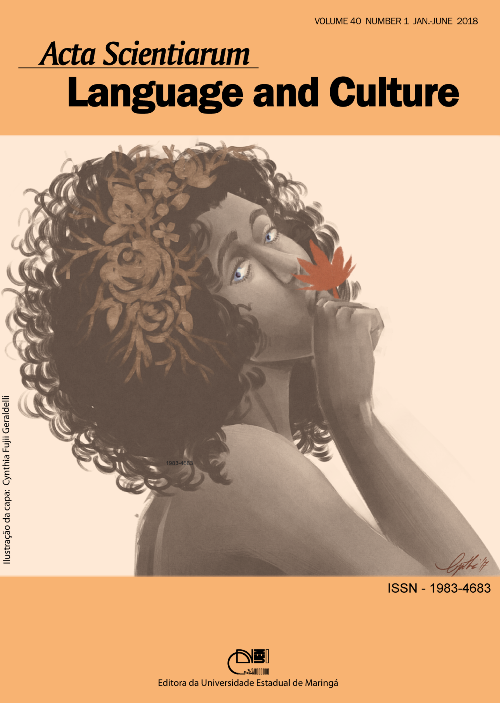<b>Supportive moves in requests and orders in brazilian portuguese and uruguayan spanish variant
Resumen
Considering the linguistic politeness studies (Brown & Levinson, 1987) and the request analysis categories usually described in cross-cultural research (Blum-Kulka, House, & Kasper, 1989a), this paper examines the discursive strategies that support requests and orders in a corpus produced by brazilians (from Curitiba), and uruguayans (from Montevideo). It is sought to verify whether the traditionally described categories apply to the data and to what extent the strategies used agree in these two linguistic-cultural communities. To this end, different contextual variables are taken into account by means of a Written Discourse-Completion Test. We raised the initial hypothesis that geographical and cultural nearness between the two societies favors a strong similarity in the strategies used by their members. However, the comparison between the external mitigating strategies produced in specific contexts has shown certain pragmatic and linguistic patterns that are specific of each group, as it is the case of the increased tendency towards the expression of negative politeness by uruguayan informants.
Descargas
DECLARAÇÃO DE ORIGINALIDADE E DIREITOS AUTORAIS
Declaro que o presente artigo é original, não tendo sido submetido à publicação em qualquer outro periódico nacional ou internacional, quer seja em parte ou em sua totalidade.
Os direitos autorais pertencem exclusivamente aos autores. Os direitos de licenciamento utilizados pelo periódico é a licença Creative Commons Attribution 4.0 (CC BY 4.0): são permitidos o acompartilhamento (cópia e distribuição do material em qualqer meio ou formato) e adaptação (remix, transformação e criação de material a partir do conteúdo assim licenciado para quaisquer fins, inclusive comerciais.
Recomenda-se a leitura desse link para maiores informações sobre o tema: fornecimento de créditos e referências de forma correta, entre outros detalhes cruciais para uso adequado do material licenciado.




















6.png)









